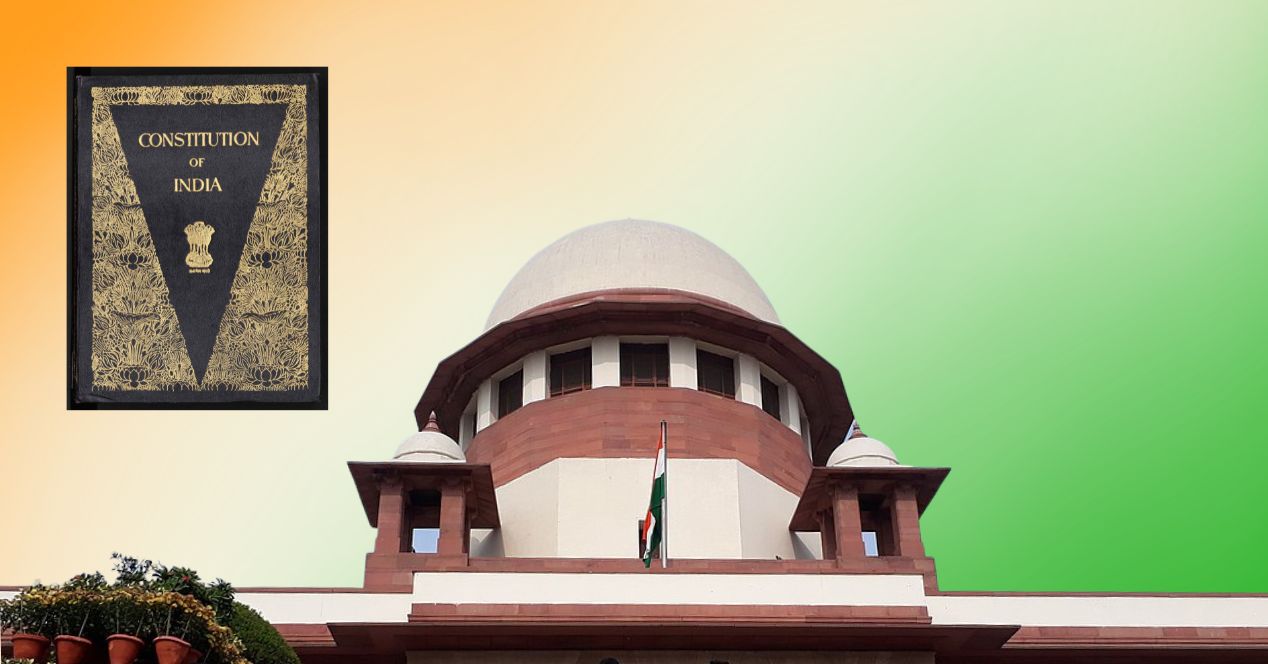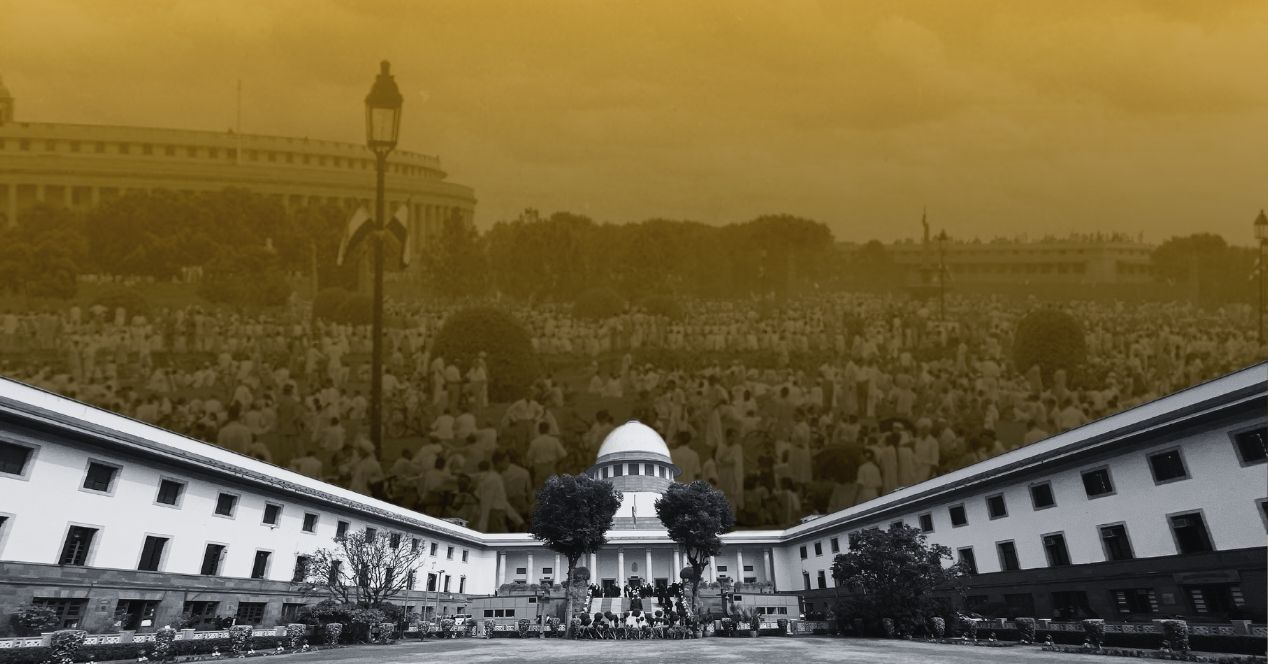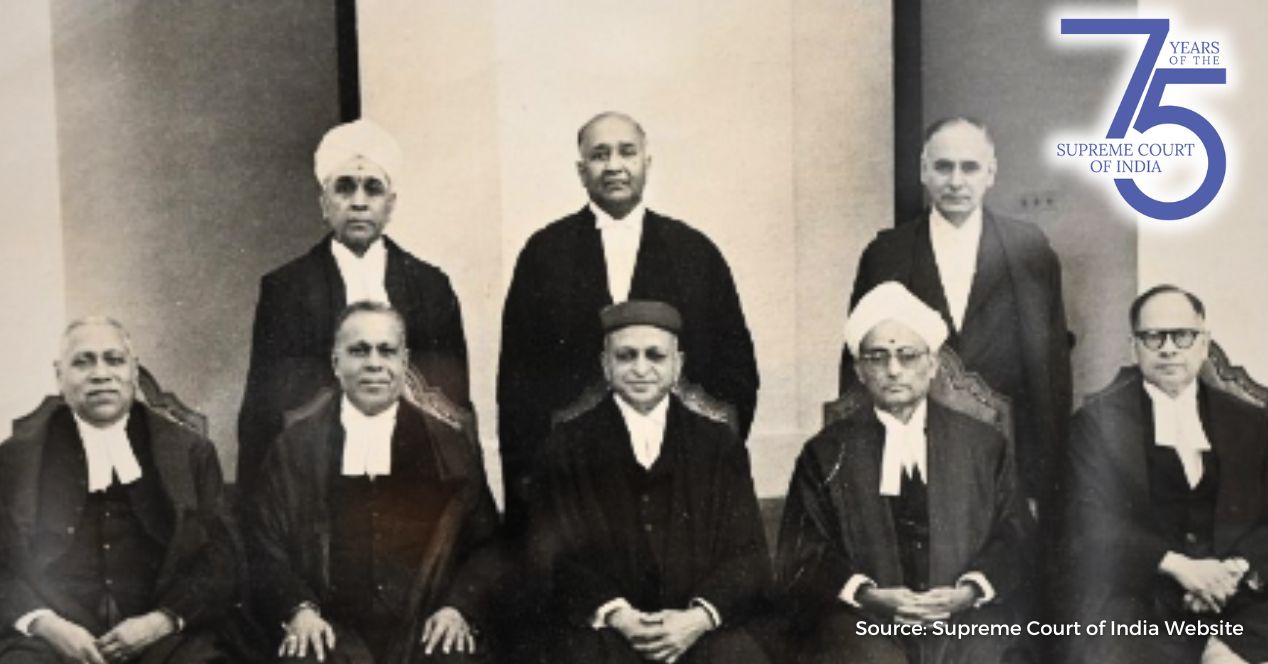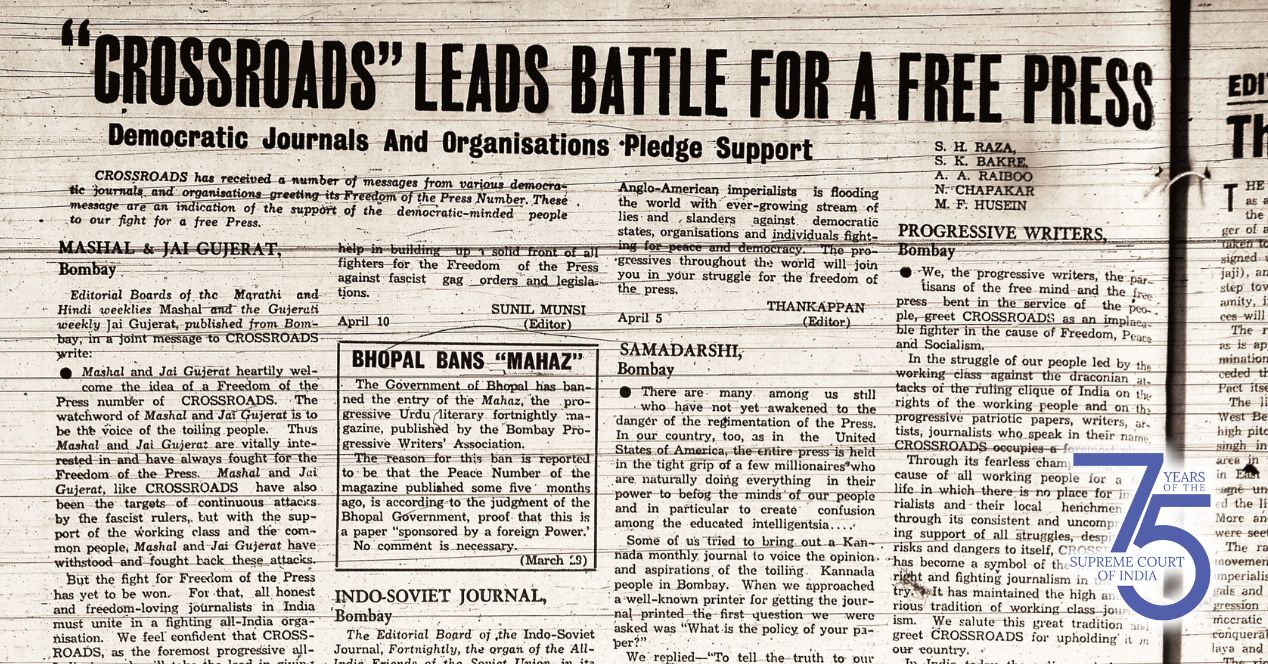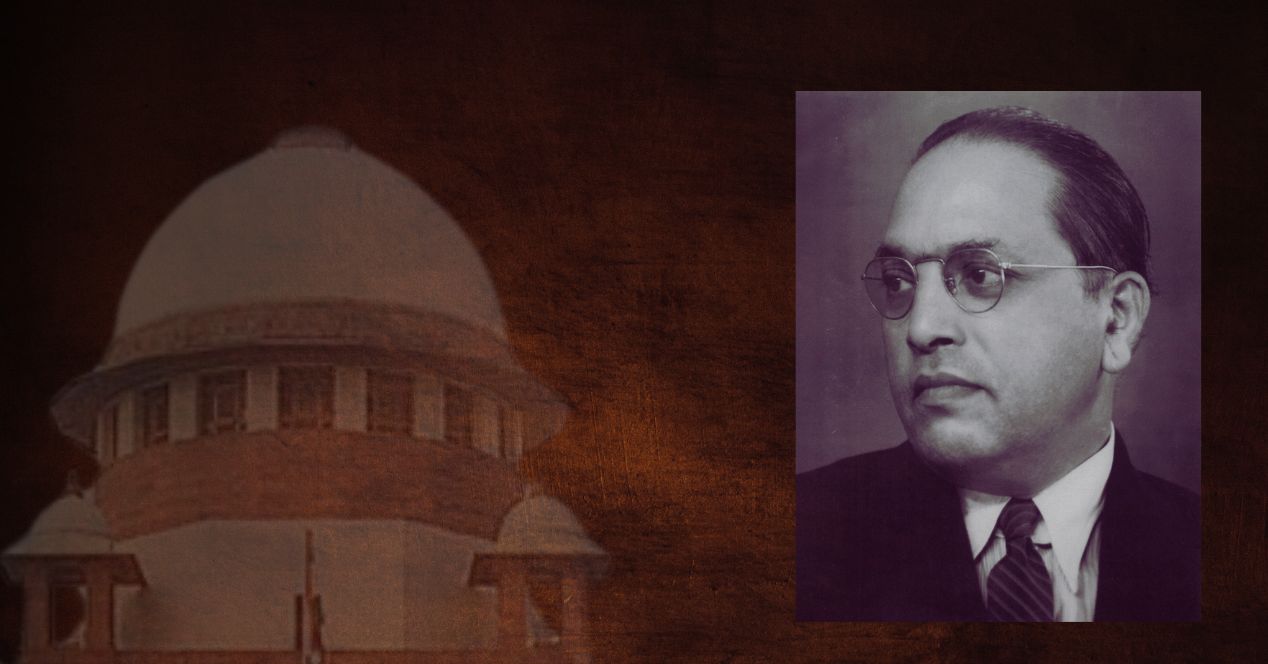Analysis
The question of independence
The burning legal and political questions of today invariably contain the footmarks of the early days of Country, Constitution and Court
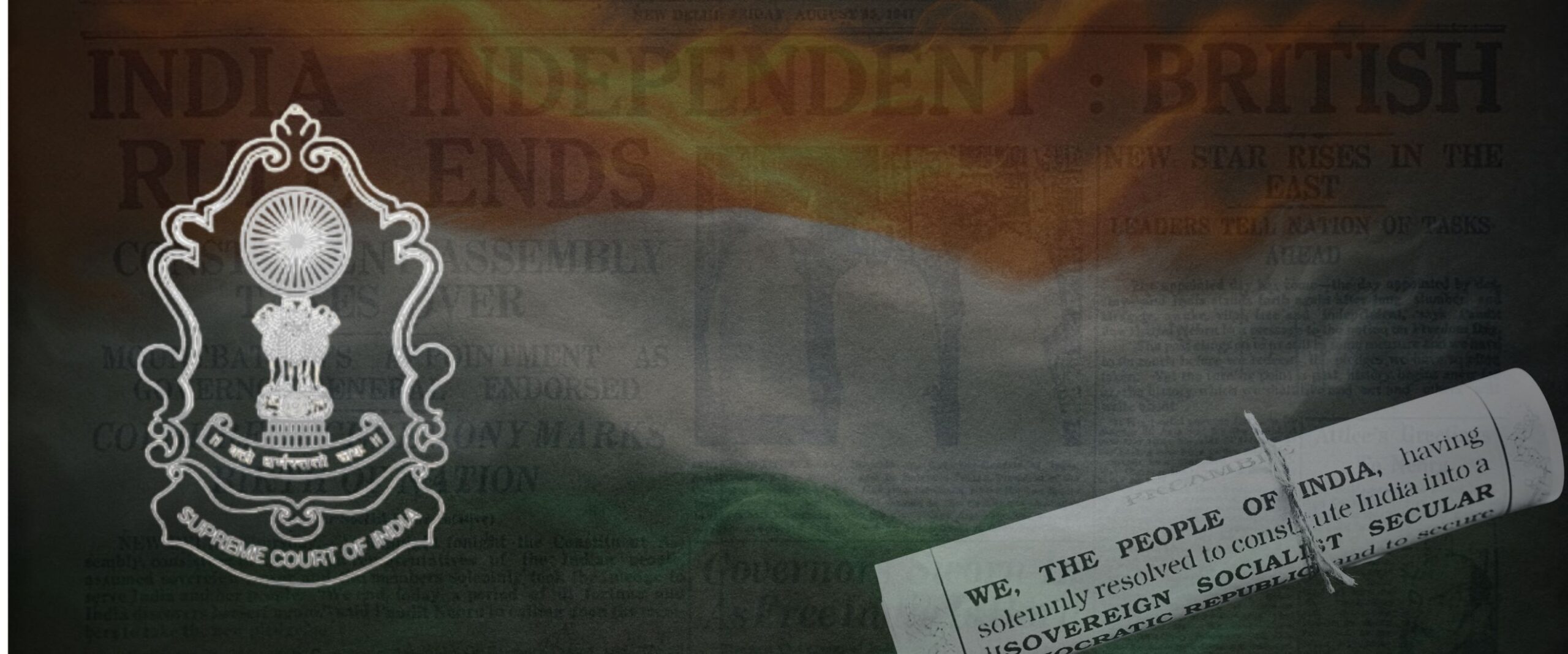
India celebrated its 79th Independence Day on Friday. In our daily work of covering the Supreme Court and making sense of the Constitution, there is often an occasion to look back on the founding moment of the country. The subjects we research and report on contain a history going back to those early days. Sometimes, we marvel at how far we’ve come; at others, we wonder how we’ve remained stuck in the patterns and preoccupations of the past.
Many of the essays in our series commemorating 75 years of the Supreme Court joined these dots more intentionally. One of them was about the landmark Crossroads Judgement, delivered in 1950. In one of its first verdicts on freedom of speech, the Supreme Court had struck down a Madras Government order that banned the entry and circulation of a political journal. Parliament had responded by bringing in ‘public order’ as a reasonable restriction to the fundamental right.
In that essay (first published in Seminar in 2017), author Arudra Burra argued in favour of the first amendment and warned us against a specific brand of liberal constitutional nostalgia. His point is taken, but it still stands that the Court had taken an unequivocal stance in the early—and necessarily idealistic—days. This view becomes clearer when set next to the present-day, where we’re often left to contour the blurry boundaries of where the judiciary stands on freedom of speech and the press.
More recently, the Court has been hearing the case around the Special Intensive Revision of the electoral rolls in Bihar. As my colleague Spandana and I have been reporting the case, we’ve been turning back the clock to look at the Supreme Court’s election-related jurisprudence. As with most cases involving constitutional bodies (the Election Commission in this case), there’s a rich variety of contestations to wade through. Some of these are around constitutional design, and whether it enables institutions to become a deliberate or inadvertent arbiter of questions around citizenship and rights.
Securing voter rights, of course, was one of the first priorities of independent India, with the preparation of the first electoral roll beginning in November 1947. To put things in perspective, the first-ever national-level roll counted 173 million voters. The Bihar SIR exercise alone has identified over 70 million voters and excluded around 65 lakh.
In cases involving constitutional interpretation, the Court’s verdict often imparts these history lessons. The Tamil Nadu Governor Case from earlier this year is an instance. Large sections of the 400-page Judgement are dedicated to analysing the evolution of the Governor’s powers in connection with bills passed by state assemblies.
Often, the schemes of legislators past and interpretations of judges past endure for decades. Presidencies may become provinces, provinces may transform into states, but political considerations and power distributions may move seamlessly across these transitions.
The TN Governor Judgement led at least one commentator to write about constitutional history as an interpretive device. And the verdict led to at least one political party being disgruntled by the outcome. As a consequence,the President sent the Supreme Court a list of 14 questions on the powers of the Governor and the President. The Court will begin hearing this Presidential Reference in the coming week.
The history of Presidential references, then, provides another window seat to the 79-year journey of independence. When I read my colleague V. Venkatesan’s comprehensive list of the 15 references that preceded the present one, it felt like an education in how organs of government have engaged with each other. Delhi Laws (1950), Special Courts Bill (1978), the Cauvery Water Disputes saga (1991): cases such as these provide frames for the theoretical debates on ‘separation of powers’ that had animated the Constituent Assembly.
As India nears 80, it’s an opportune time to reflect on what has been achieved and how much further we can go. We at the SCO remain committed to engaging with the Constitution and the rule of law. We hope you’re having a wonderful Independence Day weekend.
This article was first featured in SCO’s Weekly newsletter. Sign up now!

